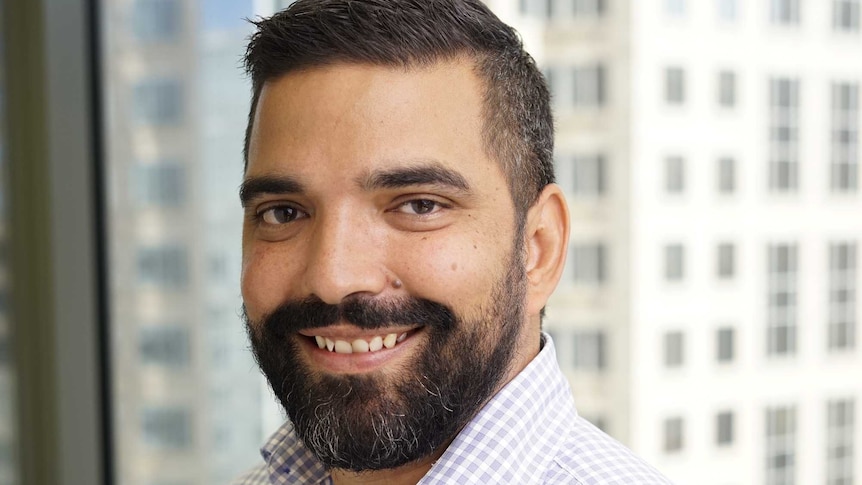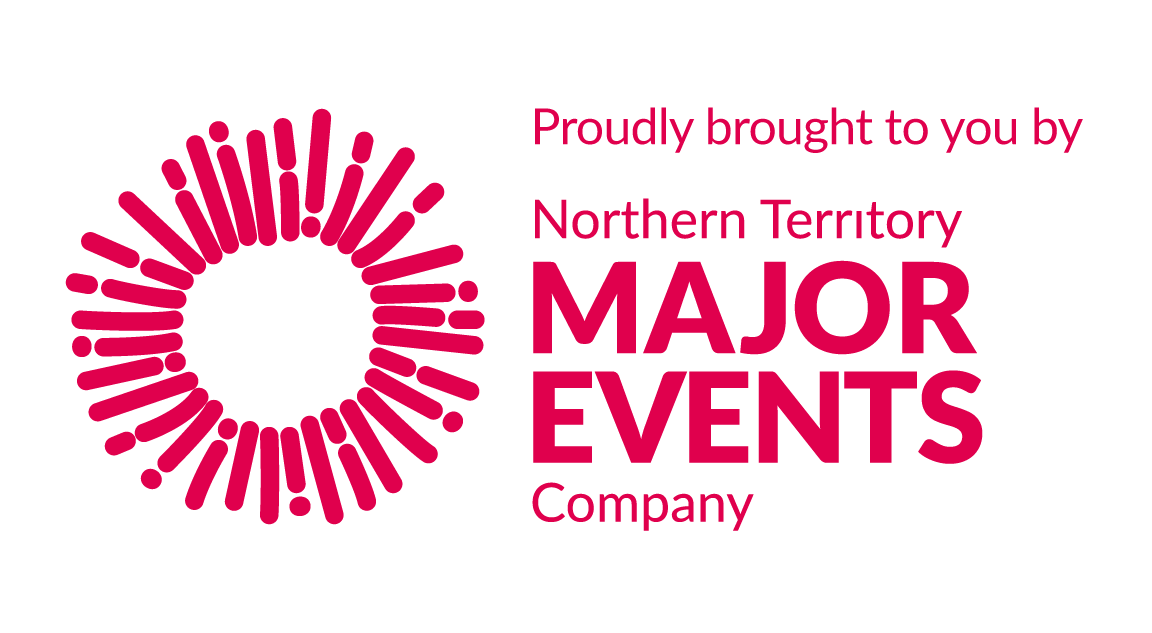Dean Parkin is Director of the Yes Campaign Alliance, which aims to achieve a successful referendum on Indigenous constitutional recognition through a Voice to Parliament. He has consulted across the public, corporate, and not-for-profit sectors at national, regional and local levels. Dean, who is also Director of From the Heart, is from the Quandamooka peoples of Minjerribah (North Stradbroke Island) in Queensland. We caught up with him ahead of his appearance on the Talks program at Parrtjima – A Festival in Light, which will take place in Alice Springs (Mparntwe) from 7-16 April, 2023.
Q: What is the Statement from Heart and why is it important for Australians to be across it? What is it? Who’s involved?
A: The Uluru Statement is the response from Aboriginal and Torres Strait islander peoples to the question ‘What does meaningful constitutional representation look like?’. This is a question we’ve been talking about for a very long time, particularly in the last 10 years. It started from people saying, ‘We need to deal with recognition in a meaningful way, and we need to address the challenges that are facing many of our community’. These discussions about practical reform for real recognition led to a group of around 250 Aboriginal and Torres Strait Islander people from 12 regions across the country [taking part]. In May 2017, the Uluru Statement from the Heart invitated to the Australian people to join with Indigenous people to achieve three key reforms: Voice, Treaty and Truth. We’re inviting the Australian people to consider enshrining an Indigenous Voice to parliament in the Australian constitution. It’s a simple concept: the recognition of Aboriginal and Torres Strait Islander peoples as the first peoples of this country.
Q: It seems we’re at a critical crossroads in history. How can events like Parrtjima help share this awareness and increase understanding?
A: Events like Parrtjima are significant. The Uluru Statement is for the people of Australia to have a conversation – the not politicians will have their say but it is not about them. I imagine for many visitors to Parrtjima this is their first time to get to know or meet Aboriginal and Torres Strait Islander peoples in our communities. It’s through this meeting, and being exposed to the First Peoples of this country, that a sense of goodwill can be deepened. I think the Australian people know, deep in their hearts, that things can, and should, be better for far too many Aboriginal and Torres Strait Islander peoples.
Q: How important is it that the artwork surrounding the Statement from the Heart is being transformed into the main installation at Parrtjima, and that the theme is Listening with Heart?
A: It’s incredibly important. Using the artwork [for the main large-scale light installation] at Parrtjima opens the space for people to consider what the Uluru Statement means and why a voice matters for Aboriginal and Torres Strait Islander people. There might be people there [at Parrtjima] who aren’t aware of the issues and this [the installation and theme] is a great introduction. We are the only country that’s got connection to the oldest continuous culture on earth. And that’s the part of the story that people are getting animated about, how they fit into this picture of giving a voice to Aboriginal and Torres Strait Islander peoples. An event like Parrtjima, where people connect to First Nations art, stories, and culture, is the perfect platform to continue this discussion.
Q: What drew you to say ‘yes’ to being a part of Parrtjima? What can you bring to guests at Parrtjima?
A: I’m part of a talk [at Parrtjima], along with Ursula Raymond [NT Deputy Treaty Commissioner]. It’s called The Voice and The Statement of the Future, and I expect a lively discussion. We’ll be asking, what is the way forward? We’ll discuss the varying considerations and opinions. It’s all part of a series of uncomfortable conversations we need to have in this country. Sometimes people shy away from debate, and I want to let visitors [at Parrtjima] know there’s going to be different opinions. It’s normal. And on an issue of this level of significance, it is necessary to have debate and competing ideas. We [Australia] have parliaments, senates, and political parties, and think tanks and a whole bunch of institutions in recognition of the fact that people and communities and societies have differences of opinion, and that’s part of a healthy society. It’s part of a healthy nation.









